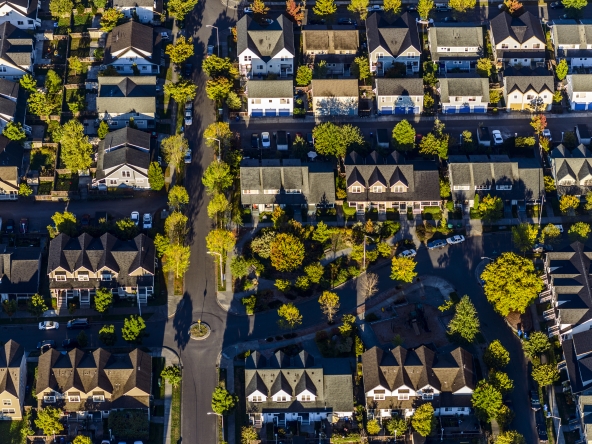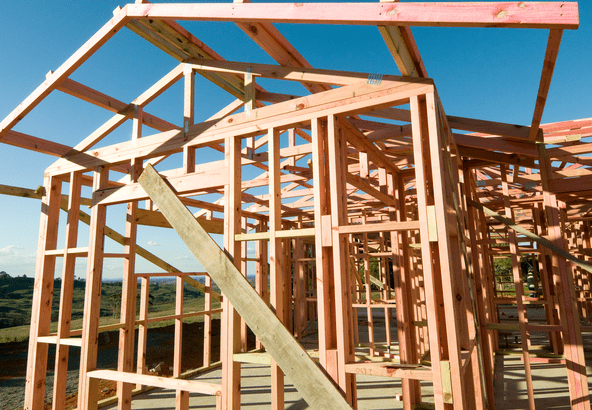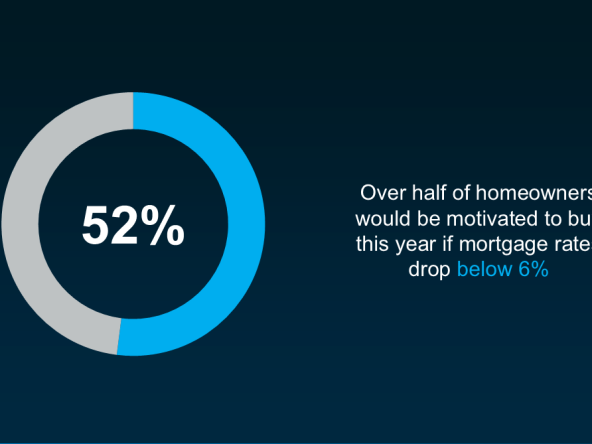Buying your first home is an exciting milestone, but it can also feel overwhelming. With so many factors to consider—financing, location, property type, and future market trends—it’s essential to approach the process strategically. A clear plan can help you navigate the complexities and avoid common pitfalls, allowing you to make a sound investment that meets both your current needs and long-term goals. Here are some strategic tips to help guide you through the journey of buying your first home.
1. Define Your Budget Clearly
Understanding your budget is the foundation of any home-buying journey. Begin by reviewing your finances, including your savings, monthly income, and debts. When calculating your budget, consider factors beyond the home’s purchase price. Additional costs such as property taxes, homeowner’s insurance, maintenance, and utilities should all factor into your budget.
Steps to determine your budget:
- Pre-Approval: Getting pre-approved for a mortgage gives you a clear picture of how much you can borrow. This step can save time by narrowing down your options and demonstrating to sellers that you’re a serious buyer.
- Debt-to-Income Ratio: Lenders often look at your debt-to-income (DTI) ratio when deciding how much you can afford to borrow. Aim to keep your DTI below 43% to increase your chances of loan approval and keep your payments manageable.
- Emergency Fund: It’s wise to keep some savings aside as an emergency fund. Aim for 3-6 months of living expenses to handle unexpected costs or changes in your financial situation.
2. Research the Real Estate Market
A thorough understanding of the local real estate market will help you make a well-informed decision. Take time to research home prices, trends, and neighborhood data. Look at historical price trends to see if an area has shown consistent growth, as this could indicate future property value appreciation.
Key Market Factors to Consider:
- Market Type: Determine whether you’re in a buyer’s or seller’s market. In a seller’s market, homes sell quickly, and competition is high. In a buyer’s market, prices may be lower, giving you more negotiating power.
- Neighborhood Dynamics: Look for neighborhoods with good schools, low crime rates, and proximity to amenities like shopping and public transportation. These areas often offer better resale value.
- Future Development: Research any planned infrastructure projects, such as new schools, shopping centers, or public transportation routes, which can increase property values over time.
3. Determine Your Priorities
It’s essential to identify your must-haves versus your nice-to-haves early on. First-time buyers often have limited budgets, so knowing what you’re willing to compromise on can save you time and help narrow your search. Consider factors like location, square footage, number of bedrooms, and outdoor space.
Questions to Help You Prioritize:
- Location vs. Space: Would you prefer a smaller home in a prime location or a larger home in a less popular area?
- Condition vs. Price: Are you open to purchasing a fixer-upper at a lower price, or do you prefer a move-in-ready home even if it costs more?
- Long-Term Goals: Think about your five- to ten-year goals. Will the home fit your plans for starting a family, changing careers, or other major life events?
4. Be Ready to Move Quickly in Competitive Markets
In fast-paced markets, homes can receive multiple offers within days of being listed. If you’re serious about buying, be prepared to act quickly when you find a home you like. Have your finances in order, a pre-approval letter ready, and a real estate agent who can help you submit a strong offer.
Strategies for Moving Quickly:
- Stay Alert to New Listings: Set up alerts on real estate websites or work with an agent who can notify you of new listings as soon as they hit the market.
- Be Flexible with Showings: The more flexible you are with showing times, the more likely you are to see the home before other buyers.
- Be Competitive with Your Offer: In a hot market, offering the full asking price or including fewer contingencies (like inspections or financing) may help your offer stand out.
5. Work with a Knowledgeable Real Estate Agent
Navigating the home-buying process is complex, especially for first-time buyers. A knowledgeable real estate agent can provide valuable insights, handle negotiations, and guide you through the paperwork. At Full Circle Real Estate, our agents have a deep understanding of local markets and can help you avoid common pitfalls while identifying homes that match your criteria.
Benefits of Working with an Agent:
- Market Knowledge: Agents have up-to-date information on local market trends, prices, and neighborhoods, helping you make an informed decision.
- Negotiation Skills: A skilled agent can negotiate on your behalf, potentially saving you money on the purchase price or other costs.
- Professional Network: Agents have relationships with other professionals, including mortgage brokers, inspectors, and contractors, who can assist you throughout the buying process.
6. Consider Future Resale Value
While your immediate needs are essential, it’s also wise to think about the future resale value of your home. Factors that can enhance resale value include location, nearby amenities, school quality, and overall neighborhood appeal. Even if you plan to live in the home for several years, consider whether the property will remain desirable to future buyers.
Factors Affecting Resale Value:
- Property Type and Size: Single-family homes generally have better resale value than condos, as they appeal to a broader range of buyers.
- Lot Size: Larger lots often have higher resale value, especially in suburban and rural areas.
- Renovation Potential: Homes with potential for future renovations (such as an unfinished basement or an attic) can be more appealing to future buyers.
7. Don’t Overlook Additional Costs
Beyond the purchase price, buying a home involves several additional expenses, including closing costs, home insurance, and property taxes. Be prepared for these costs and factor them into your budget. Typically, closing costs amount to around 2-5% of the home’s purchase price, covering things like loan origination fees, title insurance, and appraisal fees.
Additional Costs to Prepare For:
- Home Inspection: A home inspection, while optional, is strongly recommended to identify any potential issues with the property.
- Moving Costs: Include the cost of hiring movers or renting a truck, plus any expenses related to setting up new utilities.
- Furniture and Repairs: If you’re moving into your first home, you may need to purchase furniture and make minor repairs or upgrades.
8. Be Patient and Flexible
The home-buying process can be unpredictable, and the perfect home may take time to find. It’s essential to stay patient and flexible, especially if your first few offers don’t succeed. Many first-time buyers find that being open to different types of homes or neighborhoods expands their options and ultimately leads them to the right property.
Conclusion
Buying your first home is a big decision, but approaching it with a strategic mindset can make the process smoother and more successful. By understanding your budget, prioritizing your needs, researching the market, and working with an experienced real estate agent like Full Circle Real Estate, you’ll be well-equipped to navigate the journey. With careful planning and the right support, you’ll be in your new home in no time, ready to enjoy the rewards of homeownership.




